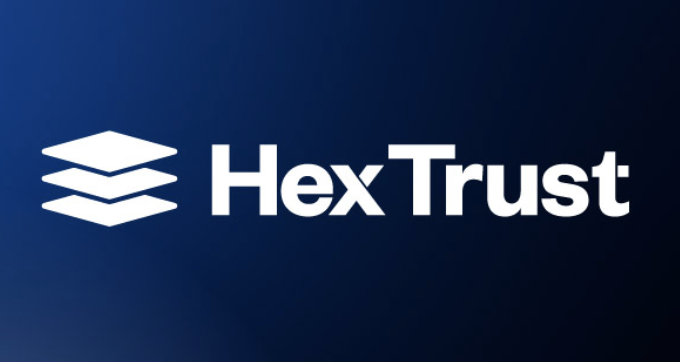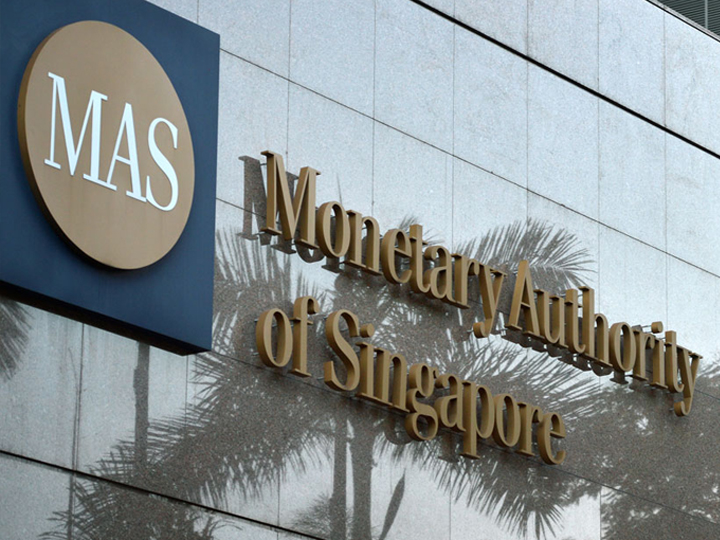
What Does Asia Have To Offer Against Square?
TechInAsia: Vladislav Solodkiy, Life.SREDA VC: Last week Jack Dorsey, co-founder and CEO of Square, the world’s third largest fin-tech company by market capitalisation, also took a role of iCEO at Twitter. On top of that, a new wave of rumours about the company to go public by the end of this year hit the media. What do the Asian markets have to offer in respond to this?
By this moment Square grew so large and famous that, as they say, “it’s too big to fail”. Everybody realises it either goes public, or gets acquired by a bigger player. In spite of myself investing in mPOS-acquiring companies [Life.SREDA VC has previously invested in SumUp and LifePay] as a consumer I have never seen Square-like card-readers neither in Moscow, nor in Singapore, Hong Kong, Seoul, Kuala-Lumpur or Hanoi. In the US I used to stumble across Square quite frequently, though. So the question is: “What can local players offer against this giant which sooner or later will come to Asian markets?” Formally it has already come – Square operates in the Japanese market (not on the same level of success as in the States, has to be said), and Singapore Government Investment Corporation is among its shareholders.
Within the first 2 months after my relocation from Moscow to Singapore I met most of the local mPOS players. I cannot disclose figures and technologies, as they are confidential, but I can share my vision that Square should acquire local competitors before going public. Otherwise, in case those team up with a player size of AliPay, Square will be out of job in the Asian region. Especially I would like to highlight Indian Ezetap and Malay SoftSpace.
Ezetap project holds almost 80% of the mPOS market in India. It’s unique that the company doesn’t buy third-party readers, but has its own production and certification system (like SumUp). It has a very charismatic leader – Abhijit Bose – a Harvard graduate and ex Intuit employee. Most of the Indians in his team in Bangalore are coming from Silicon Valley with years of experience at PayPal, Intel and others. Another notable fact is that among the shareholders is American Express. Ezetap is using an interesting model of monetisation. It’s the first time I see a project that doesn’t charge a client for acquiring, besides the basic banking fee. Instead, Ezetap is earning money on selling their readers, with the main source of income being mobile application subscription (bravo!) As a good visionary Abhijit doesn’t stop on just accepting plastic cards and is developing an ecosystem of new services around mPOS. The booming m-commerce in India is helping the development of his service – most of the purchases are based on cash-on-delivery terms. This is stimulating the online shops to equip their couriers with card-readers.
The Malaysian SoftSpace has the most fanatic team of engineers, headed by CEO Chew Soon Chang, striving to turn everything around into payment tools. They already expanded into 7 countries and are aggressively looking towards others. Out of all projects known to me, this one has the most lean team – it needed much less investment than any others to reach their goals. Obviously the main partner of the company is Maybank. Most of the focus is given to correspondence banks, used for transactions, as well as other corporate clients (TESCO Delivery, biggest taxi companies, AirAsia, JetStar and Sakae Sushi). They provide a wide range of unusual customised payment solutions: for logistics companies, gas stations, shopping malls, subway and other areas. They are the only ones (together with iZettle) who offer cloud payments – this is achieved by segregating encryption in the reader from encryption in the cloud. This allows to work with any equipment and have no difficulties in case of bank change. In general the company can be described as “Google of payments”. First, most attention is given to open source coding – this attracts third-party developers and companies; second, they run on small margin, which allows to spread quickly.
Singapore registered Vietnamese company SoftPay (CEO Christopher Low) is a startup parted from PeaceSoft Internet holding (co-founder Nguyen Huu Tuat). The holding is actively established in the areas of e-commerce, eWallets, online acquiring and logistics, and among their partners and shareholders they have eBay, PayPal, SoftBank, MOL and others. The service is also integrated with 2 correspondent banks – VietinBank and Sacombank – #2 and #4 players on the market. Currently they are looking at expanding into other markets.
The future of mPOS acquiring on the Philippines looks promising too. An interesting move has been seen from Metro-Pacific Investment Corporation – Philippine daughter of the Hong Kong based First Pacific, founded by the Indonesian billionaire Anthony Salim. Being the owner of PLDT/Smart – the largest mobile operator in the Philippines and one of the largest worldwide – Metro-Pacific took a decision to pool all payment services of their subsidiaries into one business. They formed a joint venture with German Rocket Internet (in which they previously invested 330 million Euros) and brought to it a Smart eMoney eWallet (PayPal analog in the Philippines). In return Rocket Internet brought their companies – Paymill (Stripe analog) and Payleven (Square analog).
Singaporean GoSwiff (CEO Simone Ranucci Brandimarte, French shareholders as well as management) shows impressive results. They are working with the biggest number of banks and mobile operators in the region, more than all the other mentioned companies together! The only minus: GoSwiff operates as per white-label model – this means the end consumers do not interact with their brand, therefor brand awareness among common customers is minimal. However, this approach allows the company to involve new partners and countries with the highest pace, but it also brings the highest dependence on partners.
I would like to highlight the most competitive advantages of local players once again:
- High level of localisation of a product in regards with different countries.
- The two stated companies are showing operating profit. Square used to be criticised for its losses for quite a long time. Moreover mPOS acquiring is a low margin business.
- In case the companies are smart to merge they will become the second biggest after Square in regards of turnover, but in a much bigger market than the American.
- Having own production of readers gives a company independence from manufacturers and certification bureaus, as well as an additional income source.
The smartest Square could do is to acquire Asian players by equity swap. By this the company could make investors happy prior to going for IPO showing international expansion, increase of turnover and profits. The smartest the startups could do is to merge and go public independently or to form a strategic partnership with a player size of AliPay. It is good timing as AliPay is currently keen to buy or invest into any fin-tech outside China. Of course they’re only looking at bigger companies.
In my opinion such a new global company could go public independently and be successful. This can be achieved by growing the ecosystem of complimentary products around mPOS, which will allow the company to grow its client base rapidly within the merchants, as well as customers. This could be SME- and POS- lending (based on big data), pre-order, Internet banking for SME and mobile wallets for retail clients. The most promising projects are cash registers based on tablets and retail offices control systems (more out of the world of Internet of Things).
Another interesting question is what would be the position of banks like DBS (capitalisation of Square reached 15-20% of this bank!), OCBC and UOB – are they going to diversify their product rage like Maybank, or are they are going to see an annoying competitor in any fin-tech startup? How will Singtel react in respond to the activity of PLDT/Smart? The advantage of mPOS startups lies in a wide and diversified client base that can be used to offer new services to the customer in a fast and cheap way. In many cases by crossing borders too.
Read also:
WIRED: After unveiling its new credit-card reader at Apple’s Worldwide Developer Conference in San Francisco earlier this month, Square tested this newfangled contraption at a Blue Bottle coffee shop in Mint Plaza, just down the street. The reader doesn’t accept ordinary credit cards. It takes a newer breed of card equipped with an EMV chip for greater security, and it accepts Apple Pay, that much-hyped means of making card payments via the iPhone or the fledgling Apple Watch. Read the full article





